The Essential Reading List for Orton-Gillingham Teachers and Tutors
Today, I am providing you with a list of professional books that are truly invaluable if you teach reading. Whether you are just starting out on your journey with writing Orton-Gillingham lesson plans, in the middle of a practicum, starting a private practice, working in an elementary school, or a seasoned educator who’s used O-G methodology for years, this is a list you will want to refer to repeatedly over time.
How did I compile this list?
I created with several considerations in mind. First, I based it on the books my owned trainers required us to read. Second, I sought out titles from my own professional development over the years. Third, I queried the members of my private FB group for Orton-Gillingham teachers and tutors to see if there were any that they would recommend in addition to what I already had. Warning, this list may seem a deep in the wallet. Do not feel like you have to purchase all of these, especially in brand new condition. Borrow, or find used copies. It IS nice to have some of your own, however because you’ll want to refer back to them…frequently.
If you are interested in reading more about the format of O-G, be sure to read “What Does An Orton-Gillingham Lesson Plan Look Like?”
Note: There are several other resource books I did not add to this list, but I plan to include those in a separate post.
(Some of the following links are Amazon affiliate links.)
- The Gillingham Manual by: Anna Gillingham and Bessie Stillman- Consider this required reading for anyone who is seeking to become trained in the Orton-Gillingham approach. It will guide through the principles of O-G, lesson planning and word lists.
- A Guide To Teaching Phonics by: June Lyday Orton- Dr. Sameul T. Orton’s wife, June wrote this to be used as a companion to anyone who is trained in O-G and looking for guidance with lesson planning.
- Multisensory Teaching of Basic Language Skills by: Beverly Wolf and Judith Birsh- One of my required readings, this comprehensive book walks you through the process of multisensory teaching in all aspects of literacy.
- Everything You Want To Know and Exactly Where To Find It by: William Van Cleave- I keep this book handy while lesson planning for my students. A word list is included along with a list of resources to accompany a particular lesson. You will need to purchase additional books as suggested in this book in order to have access to all the suggested pages the author includes.
- Speech To Print by: Louisa Moats – Moats includes the latest research in literacy and the critical aspects of language, with extensive teaching suggestions and activities
- Unlocking Literacy by: Marcia Henry- Henry outlines clearly how to implement effective strategies for decoding and spelling. More multisensory teaching ideas are given in this one.
- How To Teach Spelling by: Laura Toby Rudginsky- If you need to create word lists, this is a great resource to have on hand.
- Recipe For Reading by: Nina Traub and Frances Bloom- Used in some Orton-Gillingham training sessions, Recipe for Reading is a handy resource with easy to follow lesson plans that follow an Orton-Gillingham progression. Words and sentences are included.
- Overcoming Dyslexia by: Dr. Sally Shaywitz- The groundbreaking word of Dr. Sally Shaywitz revolutionized dyslexia research with fMRIs of a dyslexic brain. Shaywitz outlines which reading programs and instructional approaches are best for dyslexic students
- Unlocking The Power of Print by: Dorothy Whitehead- A resource guide for Orton-Gillingham lesson planning assistance
- Essential of Assessing, Preventing and Overcoming Reading Difficulty by David Kilpatrick- Presenting the latest research in literacy, Kilpatrick presents the need for deep intervention in phonological awareness and orthographic mapping for struggling readers.
- Reading In The Brain by: Stanislas Dehaene- Reading In The Brain is a book that goes deeply into the science of reading to show exactly what the brain does when it reads.
- Proust And The Squid by: Maryanne Wolf – Find out WHY reading is not an innate ability. Proust and The Squid is another excellent resource to provide you with the latest brain research.
- Language At The Speed of Sight by: Mark Seidenberg- Why do we have so many kids failing at reading in the US? Using the latest research in cognitive science, Seidenberg explains the disconnect we see between the research of reading and what actually happens in the classroom.
- Unlocking The Logic of English by: Denise Eide- A guide to show you that the English language is not haphazard and actually has many logical patterns.
- Readiness for Reading, Writing and Spelling by: Beth Moore- I had the pleasure of seeing Beth Moore at an AOGPE conference last year. Beth provides an extensive guide to multisensory instruction with our youngest learners.
- Dictionary of Word Origins by: John Ayto- I keep this book handy when I teach O-G. Instead of simply saying a word is an exception to a rule or practicing learned words, we look up its etymology to find out why a word has that spelling. The English language is not as crazy at it seems and can actually be quite predictable. It’s up to us to show students that.
- Secret Code Actions by: Nancy Young- Want To Incorporate more movement into your O-G lessons? Nancy provides lesson plan outlines and kinesthetic motions to keep help create those new neural pathways.
I hope you have found this list of books useful as you build your professional library. I’ll have more suggestions in future posts!
*Spread the word!*
Don’t miss the BIG Back to School TPT sale!
Save up to 25% off with the code BTS19 at checkout!
Find resources in The Literacy Nest Teachers Pay Teachers store
to get your year off to a GREAT start!
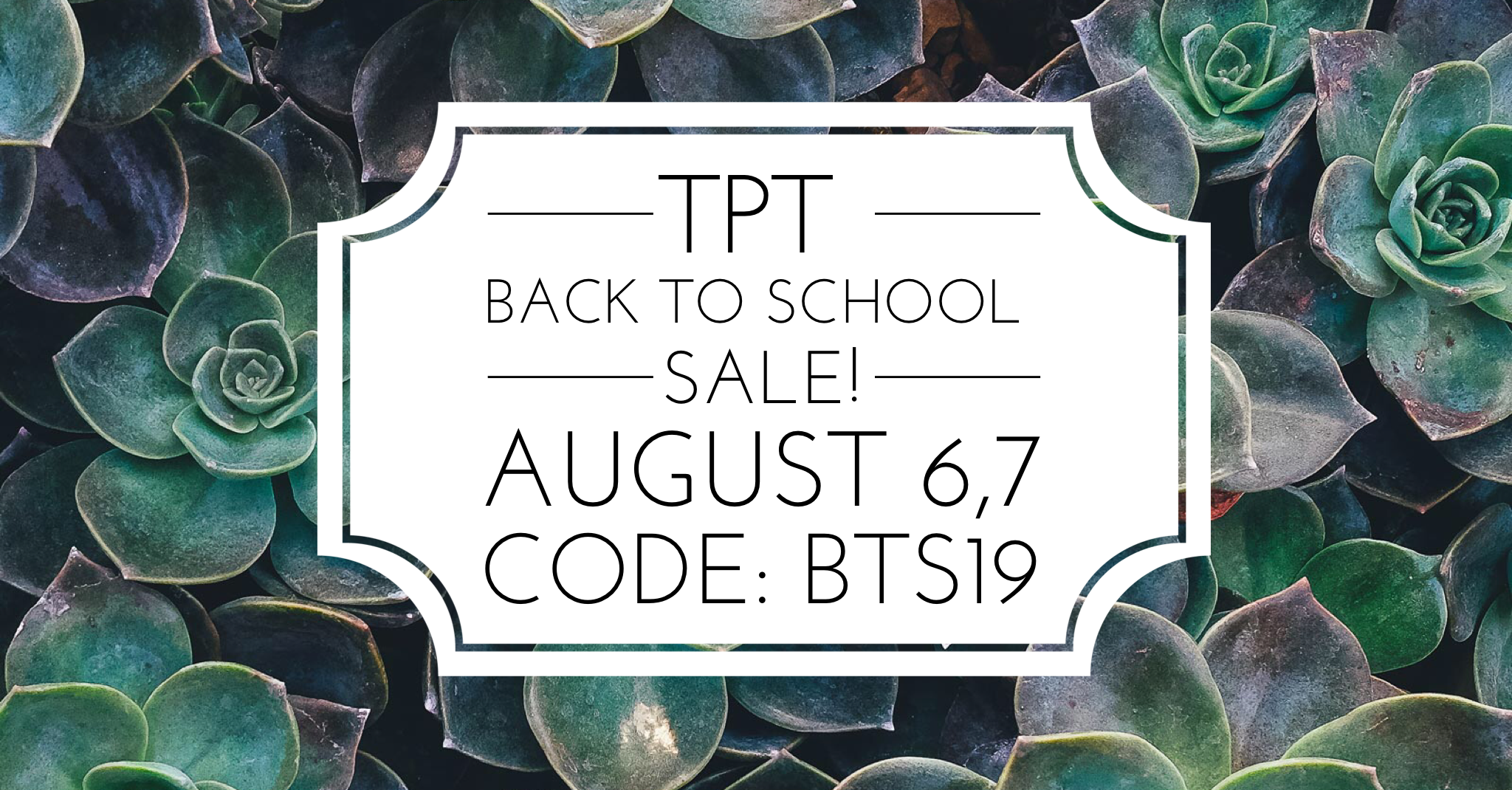
|
|

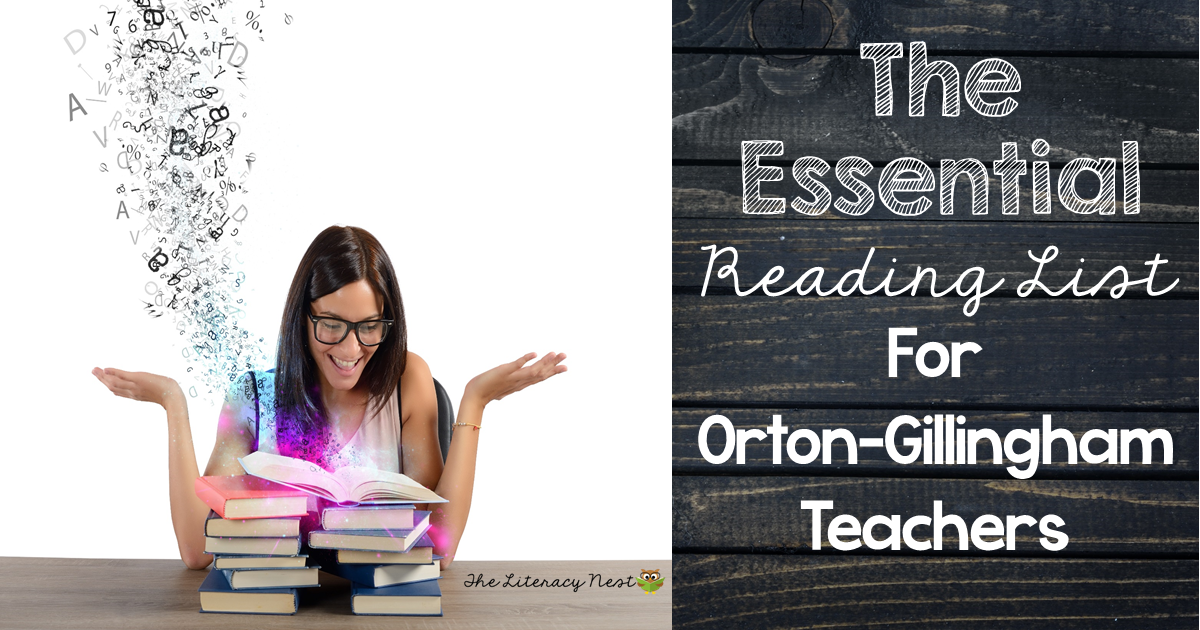
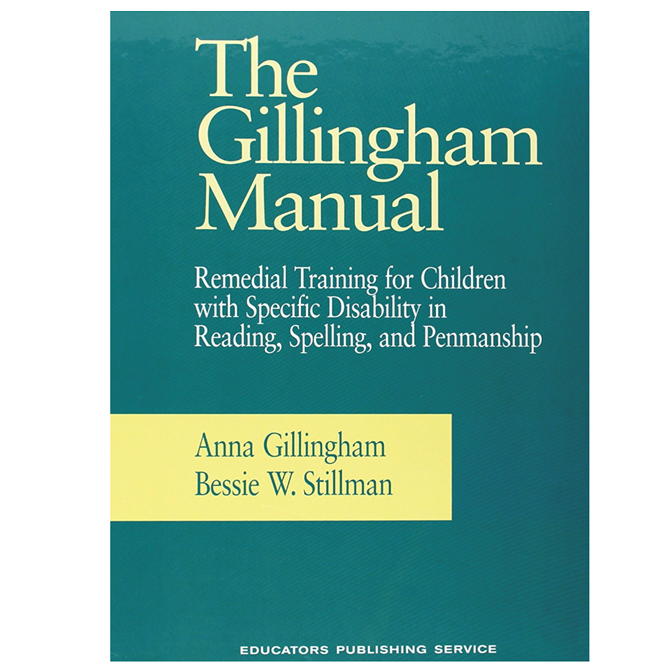
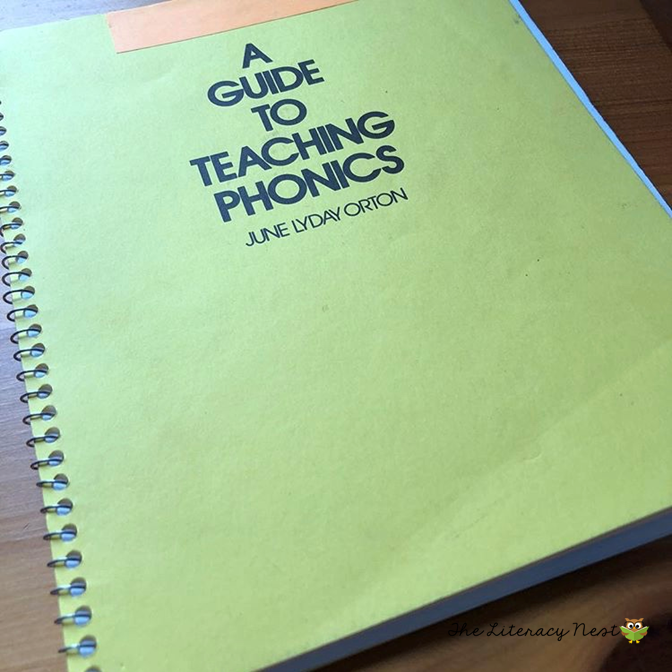
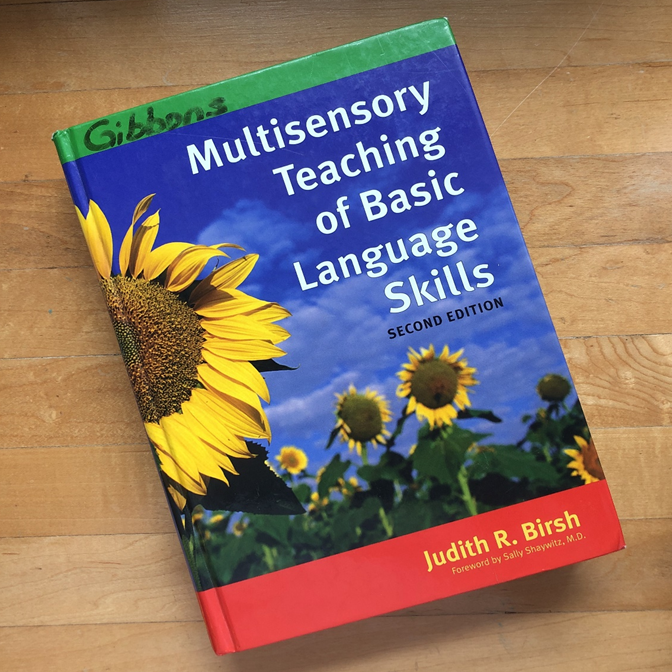

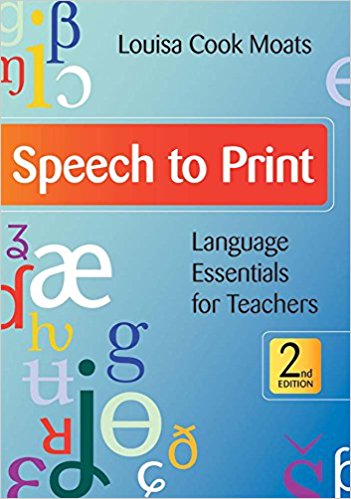
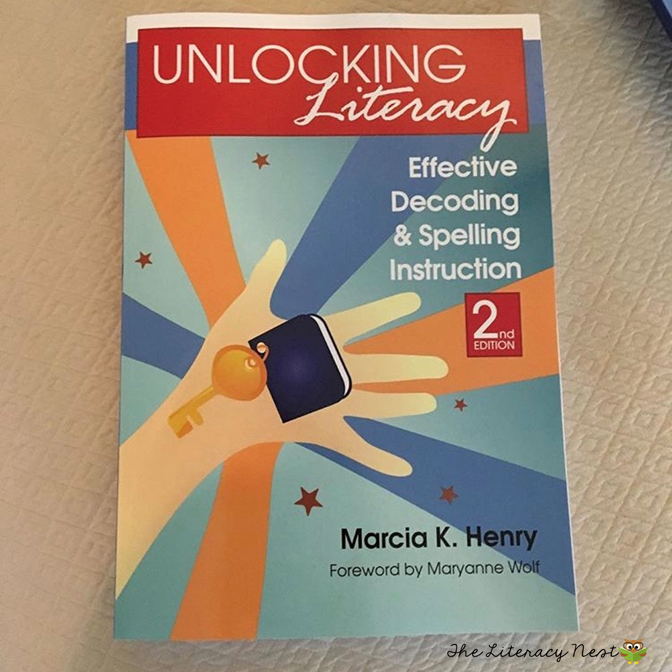
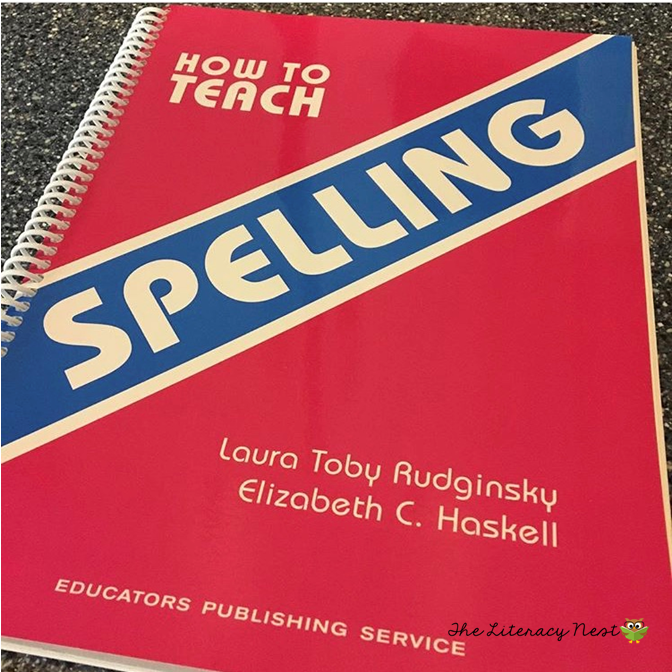
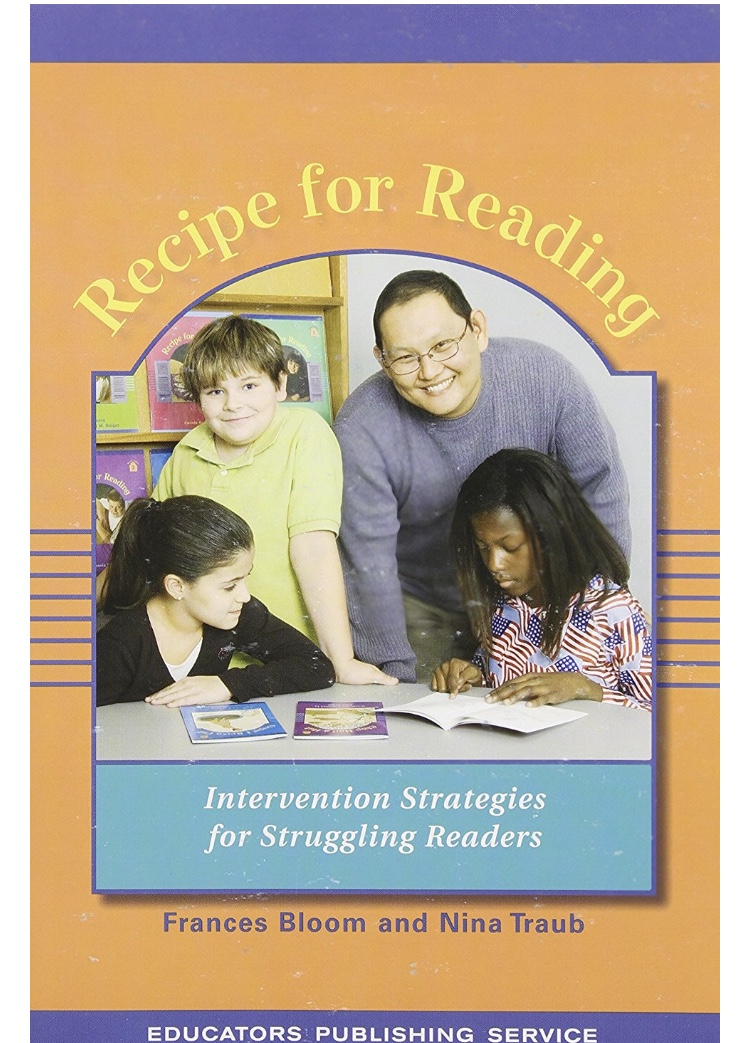
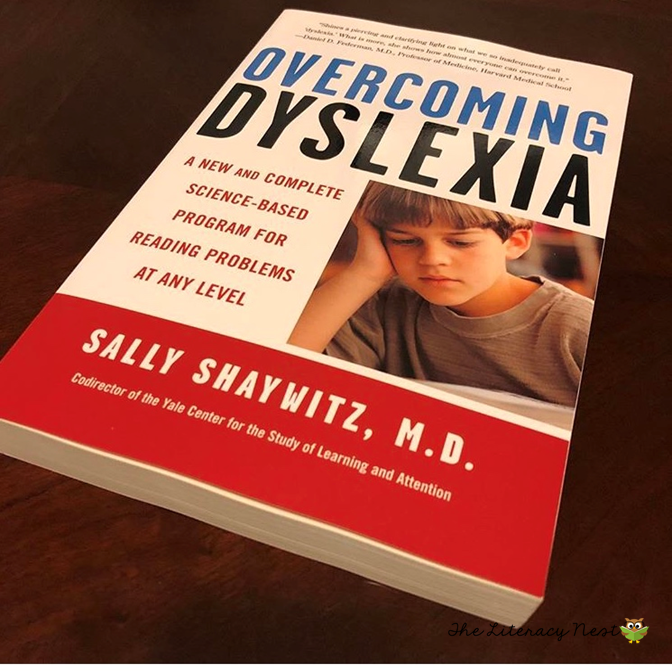
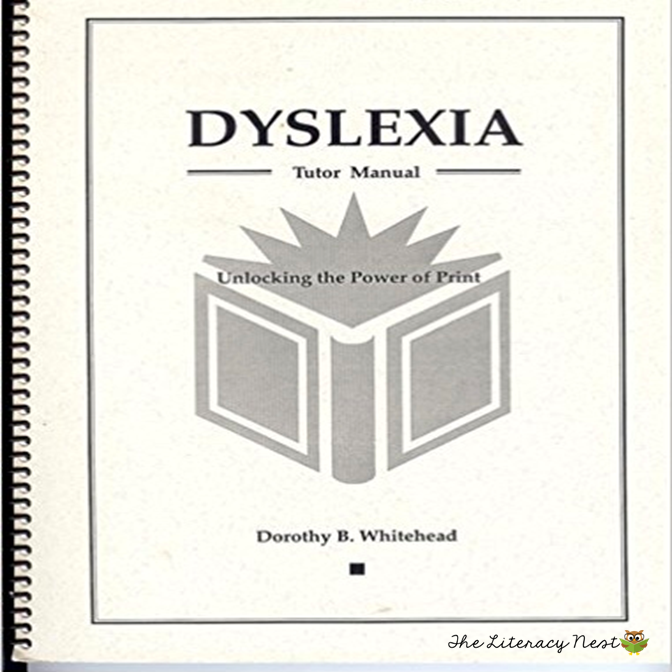
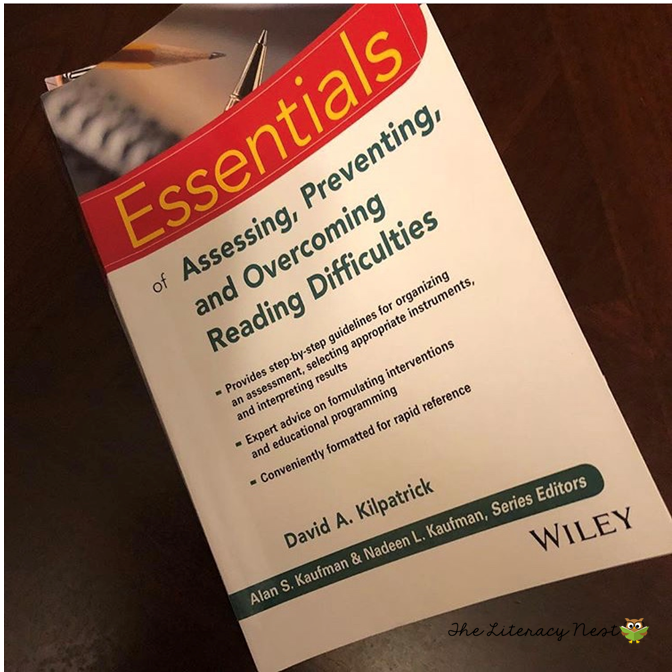
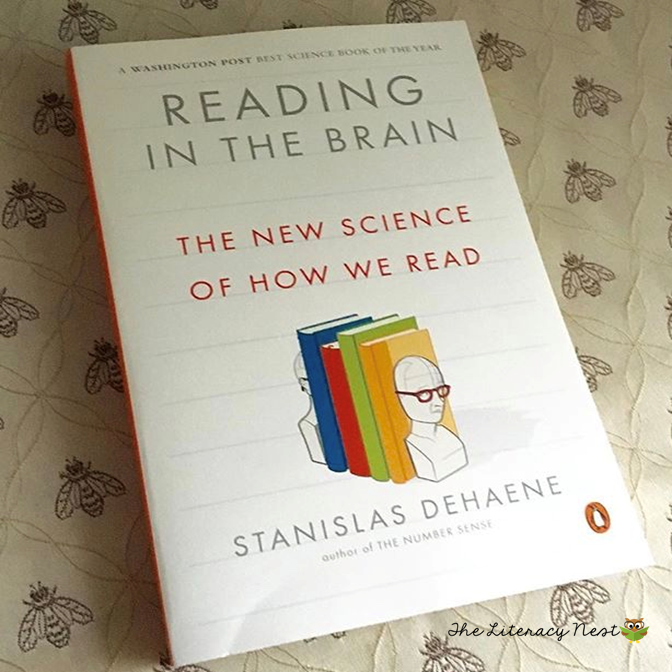
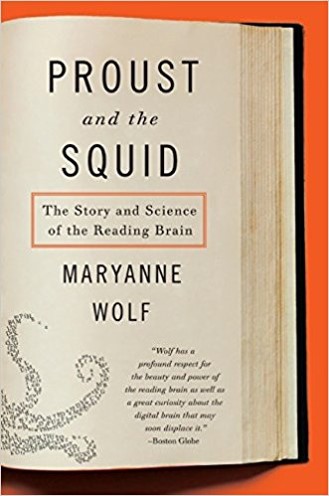
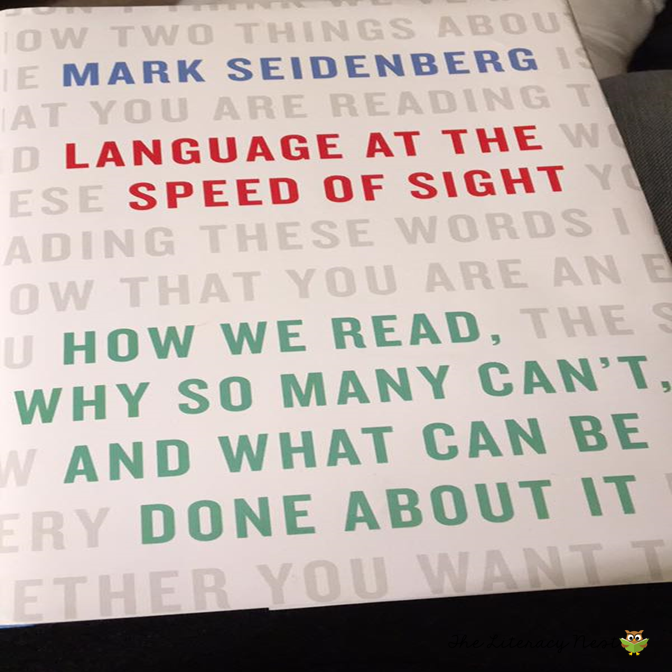
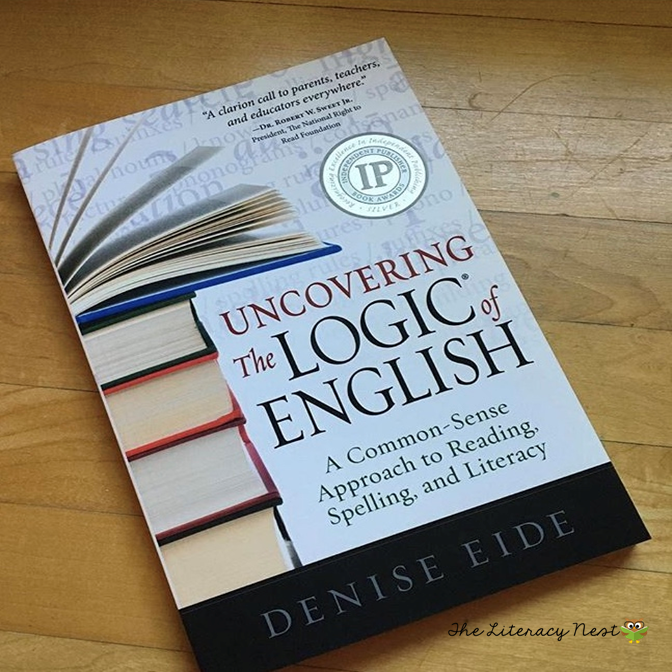
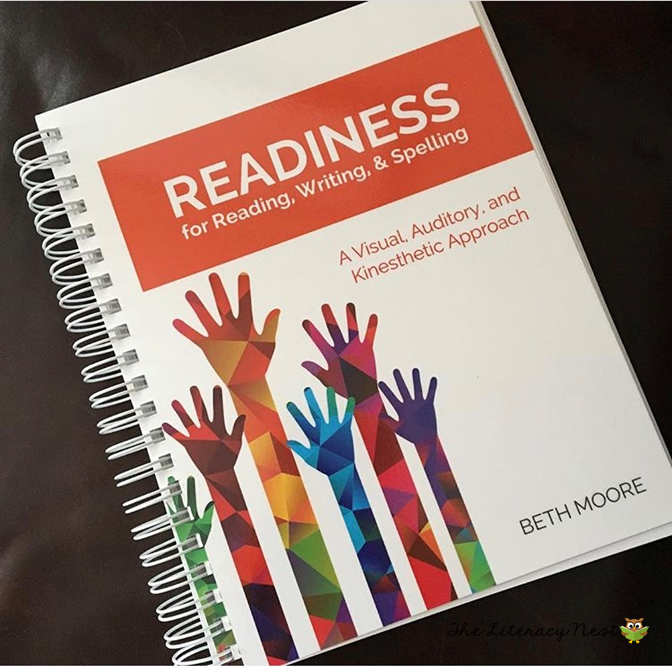
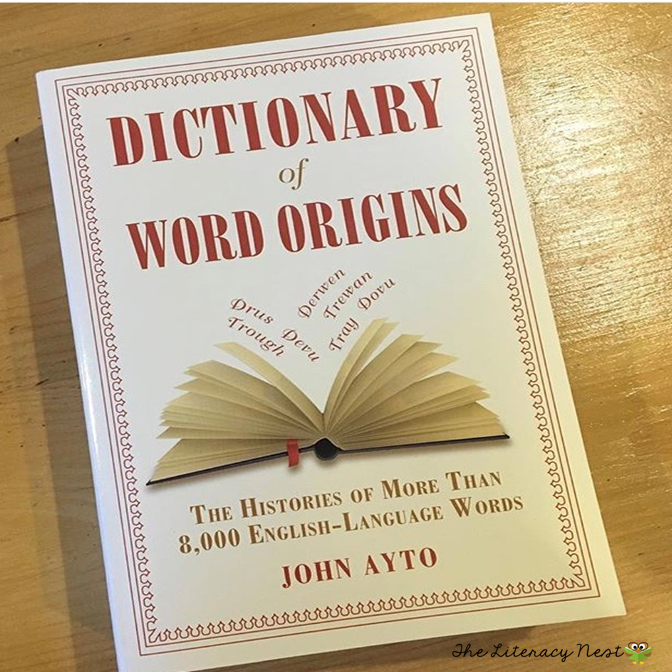
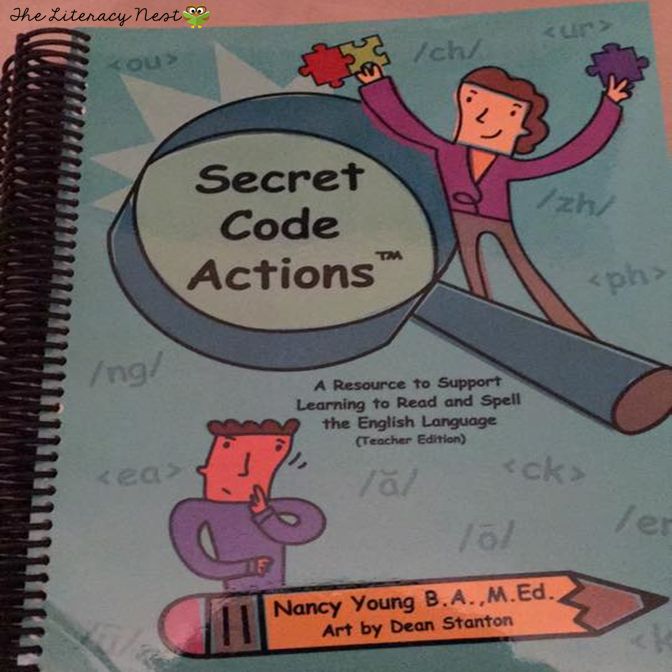
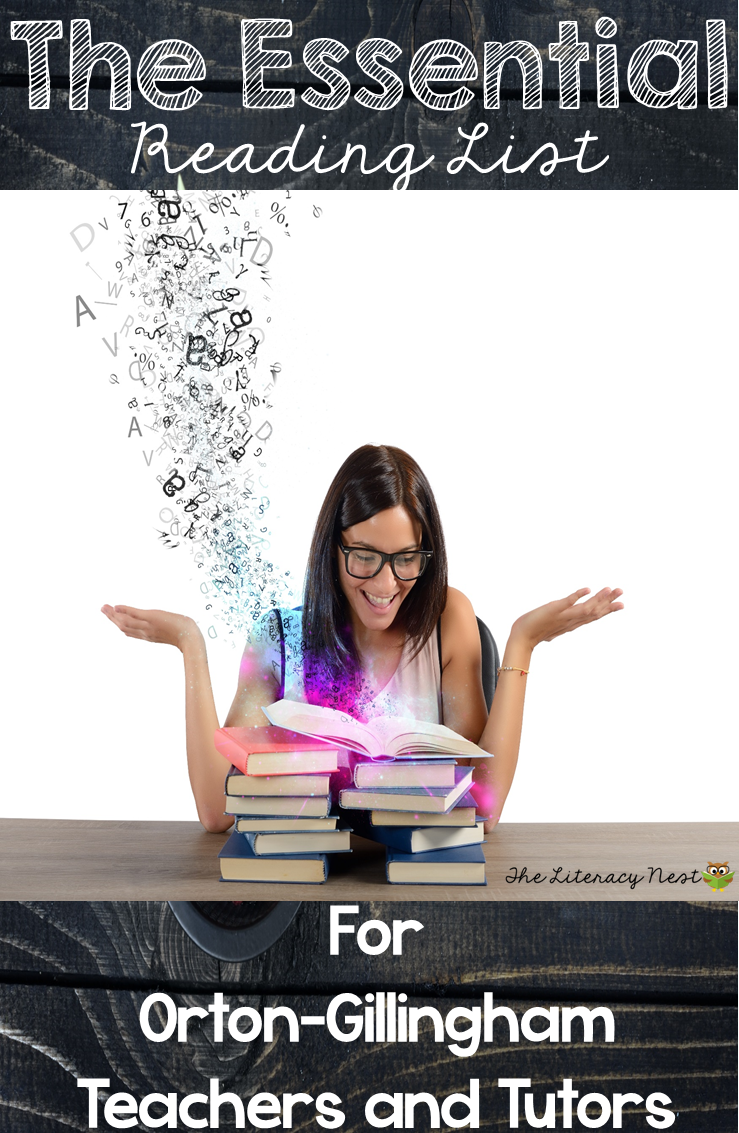


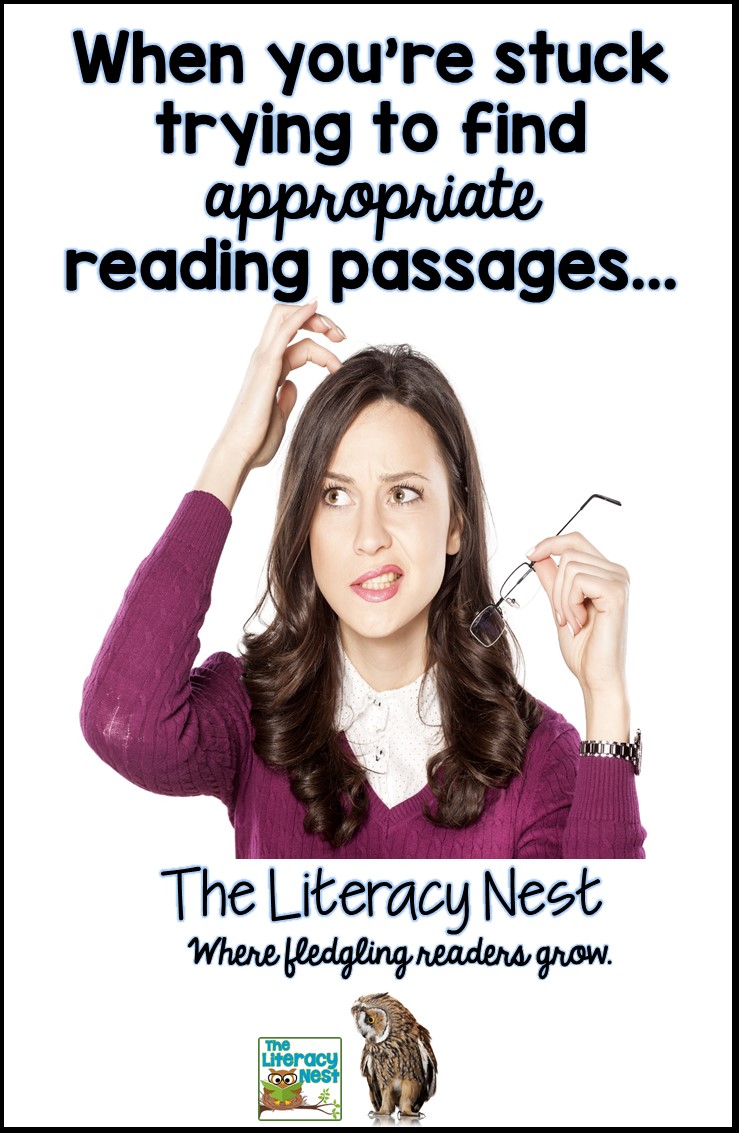
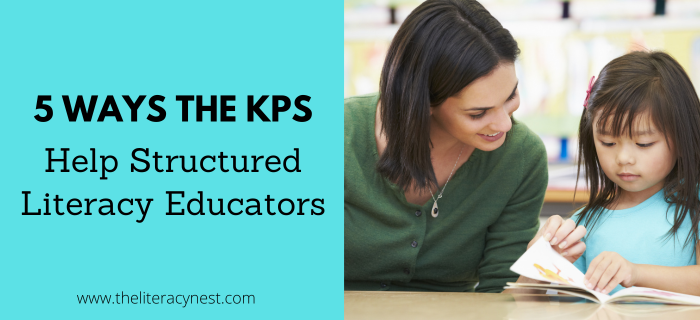
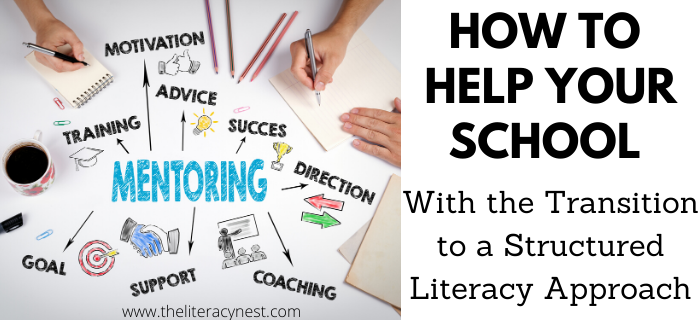
The article was up to the point and described the information very effectively. Thanks to blog author for wonderful and informative post.
By – Brandon Steven